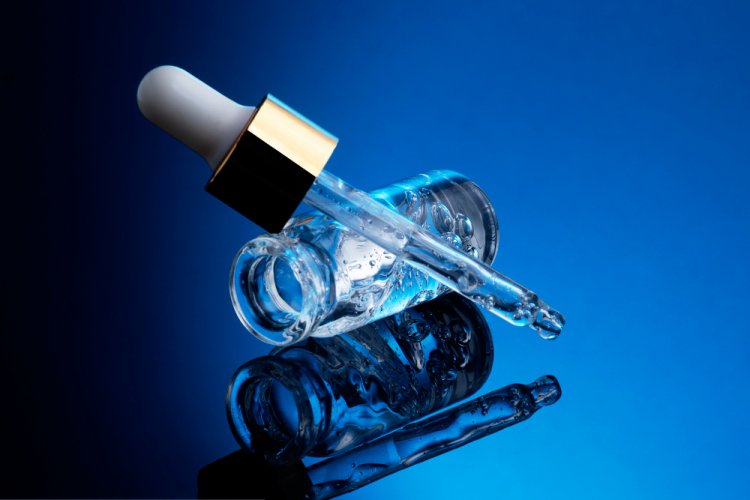Understanding Hyaluronic Acid
Hyaluronic acid is a naturally occurring substance found in the human body, primarily in the skin, joints, and connective tissues. Chemically, it is a glycosaminoglycan—a type of molecule that plays a crucial role in maintaining tissue structure and function. One of the defining characteristics of hyaluronic acid is its unparalleled capacity to attract and retain moisture. This ability stems from its unique molecular structure, which enables it to hold up to 1000 times its weight in water.
The Role of Hyaluronic Acid in Skin Health
In the skin, hyaluronic acid serves multiple essential functions:
Hydration
Hyaluronic acid acts as a humectant, drawing moisture from the environment and binding it to the skin. This helps to replenish and maintain optimal hydration levels, promoting a plump, dewy complexion.
Volume and Elasticity
By bolstering skin hydration, hyaluronic acid contributes to the skin's volume and elasticity. It fills in the spaces between collagen and elastin fibers, resulting in smoother, firmer skin with reduced fine lines and wrinkles.
Wound Healing
Hyaluronic acid plays a vital role in the skin's natural repair processes. It helps to regulate inflammation, promote tissue regeneration, and accelerate wound healing, making it indispensable for maintaining healthy skin barrier function.
Benefits of Hyaluronic Acid in Skincare
The benefits of hyaluronic acid in skincare are manifold, making it a sought-after ingredient in a wide range of products:
-
Intense Hydration: Hyaluronic acid-infused serums, moisturizers, and masks deliver deep, long-lasting hydration to the skin, restoring moisture balance and alleviating dryness.
-
Anti-Aging Properties: By improving skin hydration and elasticity, hyaluronic acid helps to diminish the appearance of fine lines, wrinkles, and age spots, resulting in a more youthful complexion.
-
Versatility: Hyaluronic acid is suitable for all skin types, including sensitive and acne-prone skin. Its lightweight, non-comedogenic formula makes it compatible with a variety of skincare regimens.
Incorporating Hyaluronic Acid into Your Skincare Routine
To reap the full benefits of hyaluronic acid, consider the following tips for incorporating it into your skincare routine:
-
Start with a Serum: Begin your skincare regimen with a hyaluronic acid serum, applying a few drops to clean, damp skin. Serums are highly concentrated formulations that penetrate deeply into the skin, delivering maximum hydration and nourishment.
-
Layer with Moisturizer: Follow up with a moisturizer containing hyaluronic acid to seal in moisture and reinforce the skin's natural barrier. Look for lightweight, non-greasy formulas that are suitable for daily use.
-
Use Hydrating Masks: Treat your skin to a weekly hydrating mask infused with hyaluronic acid to boost hydration levels and rejuvenate tired, dull-looking skin.
In conclusion, hyaluronic acid stands as a testament to the transformative power of skincare science. Its ability to hydrate, plump, and revitalize the skin makes it a cornerstone of modern skincare formulations. By understanding the role of hyaluronic acid in skin health and adopting a targeted skincare routine, you can unlock the full potential of this remarkable ingredient, revealing smoother, more radiant skin with each application.
#SkincareMagic #HyaluronicAcidBenefits #PlumpAndHydrated #YouthfulSkin #HealthySkin #SkincareRoutine #AntiAgingSecrets #HydrateYourSkin #GlowingComplexion #BeautyScience
Disclaimer:
The information provided in this article is for educational purposes only and should not be considered medical advice. If you have any health concerns or are experiencing symptoms, it is important to consult with a healthcare professional, such as a doctor or clinic, for proper diagnosis and treatment. Always seek the advice of your doctor or other qualified health provider with any questions you may have regarding a medical condition. Do not disregard professional medical advice or delay in seeking it because of something you have read in this article.






















